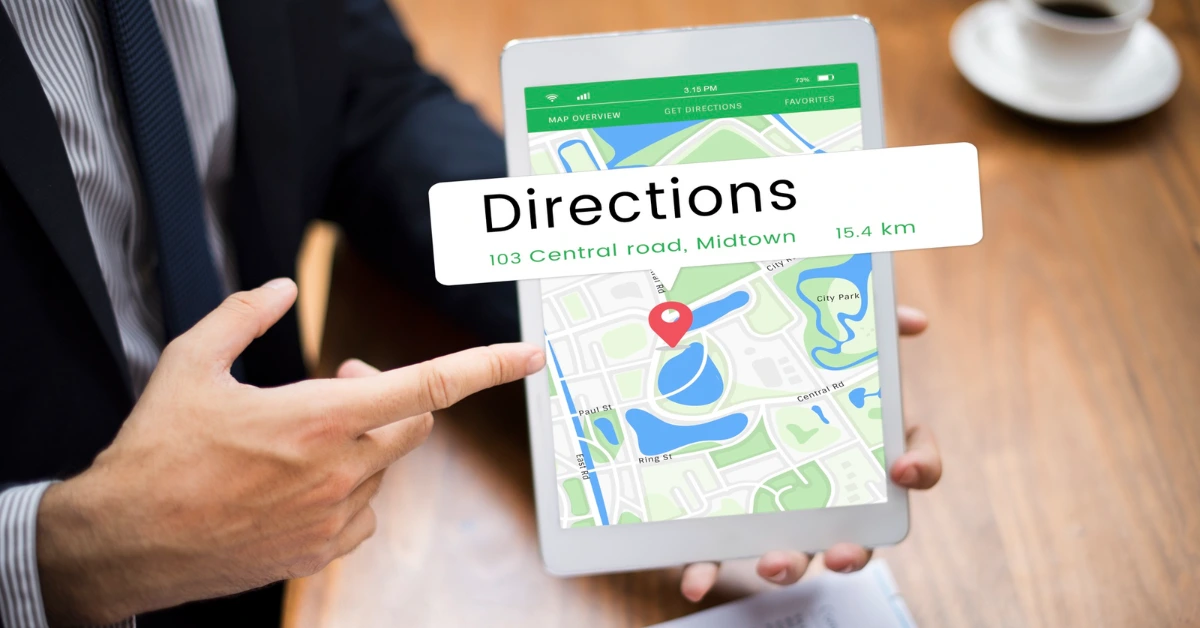With the breakthrough of new digital solutions, white labelling has changed the treadmill of the digital marketing landscape to a multispeed and a whole new level of innovation in efficiency. This was made possible because agencies can now get to scale without increasing their internal resources. Performing a vast range of tasks with one person is an apparent added incentive, like handling white label Facebook ads without needing a whole new support team. Indeed, delivering as much benefit as possible is the key terminus for the expense. Not having to utilize internal personnel makes costs vanish and allows for the growth of profits.
If you’re running an agency that needs to provide Facebook ads for clients on a broader scale and do not want to set up a new support team, there’s a prime deal for you, and this is tailored precisely to your needs. This is meant to show you precisely, in clear terms, how to white label Facebook ads so that you can make a profit without spending too much business funds.
White labelling means handing out the planning, creation, outright control and constant optimization of the advertising campaign for Facebook ads to a selected contractor. The provider, in turn, does not use their name but places theirs as the agency with whom the work was agreed upon and who invited a third party.
Your clients will have no clue that a different team is working in the background to ensure services are delivered seamlessly. Everything from the reports, campaigns, and dashboards is entirely fabricated and hand-crafted by the agency, thanks to templates made by the provider and white labelled programs and partnerships with big data providers. This provides the effortless provision of advanced services while maintaining valuable time for precious growth in client acquisition and client relationships.
Why Agencies Choose to White Label Facebook Ads
There are several strong reasons why agencies are choosing to white label Facebook ads:
Expertise without overhead: Hiring experienced Facebook ad strategists can be costly. White labelling gives access to experts without long-term hiring commitments.
Scalability: Handle more clients and more extensive campaigns without burning out your in-house team.
Faster delivery: With an experienced white label partner, campaigns can be launched faster and managed more efficiently.
Focus on core strengths: Agencies can focus on account management, strategy, and client relationships while specialists take care of fulfillment.
1: Choose the Right White Label Partner
The success of your white label service depends heavily on who you partner with. Look for a provider that:
- Has a proven track record of successful Facebook ad campaigns.
- Offers a fully white labeled experience (custom branding, email communication, etc.).
- Provides detailed reporting and analytics.
- Understand your client’s industry and goals.
- Communicates clearly and proactively.
Example: Let’s say your agency works with fitness studios. You’d want a white label partner with experience creating and running Facebook ads for gyms, yoga studios, or personal trainers, ensuring the tone, targeting, and creatives align with that niche.
2: Establish Clear Processes and Communication
Once you select a provider to white label Facebook ads, set up a workflow for communication and project handoffs. This includes:
- A kickoff form or intake document for collecting all the information from your client (target audience, goals, ad budget, etc.).
- A project management tool (like Trello, Slack, or Asana) to manage tasks and timelines.
- Clear roles: who handles client communication, who delivers reports, who approves creatives, etc.
3: Onboard Your Clients Smoothly
The onboarding process is your client’s first real experience of how your white label Facebook ads service works. Keep it smooth and professional:
- Welcome packet: Include a summary of the services, timelines, what you need from them, and what they can expect.
- Intake form: Gather essential campaign details like business goals, target audience, branding guidelines, and existing creatives (if any).
- Access setup: Request access to their Facebook Business Manager, Pixel, Ad Account, and Page.
4: Campaign Strategy and Approval
Once you have the client info, your white label team creates a tailored ad strategy. This usually includes:
- Audience segmentation
- Ad creatives (images, videos, copy)
- Campaign structure
- Budget allocation
- A/B testing plans
You should review this with your team and present it to the client under your agency brand. This keeps you in control and positions your agency as the expert.
5: Launch and Monitor Campaigns
Once the campaign is approved, the white label provider will launch and monitor it. At this stage:
- Ads go live from the client’s business page.
- Performance is tracked in real-time.
- Budget pacing, engagement, conversions, and leads are closely watched.
It’s essential to stay in the loop to keep your clients updated. A great provider of white label Facebook ads will proactively alert you about performance fluctuations, opportunities to scale, or areas to optimize.
6: Reporting and Optimization
Reporting is where you prove your value. Your white label provider should supply custom-branded reports that detail the following:
- Impressions, clicks, CTR
- Conversion data (leads, purchases, bookings)
- ROAS (Return on Ad Spend)
- Audience insights and behaviour
These reports should be easy for clients to understand and align with their business goals. Monthly or biweekly reports are standard, but weekly reports may be needed for high-spend accounts.
7: Ongoing Support and Upselling
White label services don’t stop after a campaign is launched. Great white label Facebook ads involve:
- Continuous split testing
- Creative refreshes
- Retargeting campaigns
- Funnel optimization
Stay in touch with your client and look for opportunities to upsell—maybe they want to target a new audience segment, add Instagram ads, or run seasonal promotions.
Common Pitfalls to Avoid
Even though white label Facebook ads are efficient, there are a few common missteps:
- Lack of communication: Always stay informed, even if you’re not the one running the campaigns.
- Misaligned expectations: Set clear timelines and deliverables from day one.
- One-size-fits-all creatives: Each client needs personalized content; generic ads won’t perform.
- Ignoring data: Use performance metrics to drive optimization, not assumptions.
When done right, white label Facebook ads can be a highly profitable and scalable revenue stream for your agency. You can offer an expert level of service without dealing with the stress of recruiting, onboarding, and supervising an entire ad team.
As with all partnerships, selecting the right white label partner foremost, alongside keeping in touch and focusing on client success, will ensure desired results.
In the digitally competing world, clients expect highly tangible results. Providing clients with results-focused advertising through Facebook ads will put you ahead—through their brand name, by you, and on your conditions.







Share